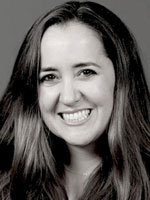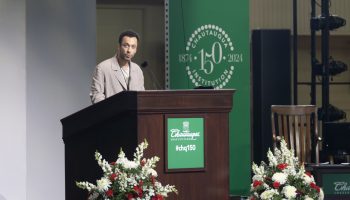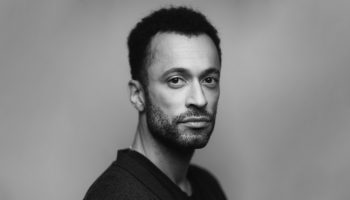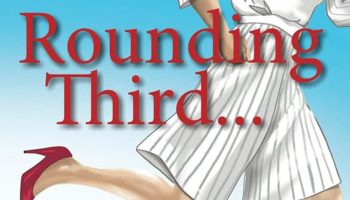Knowledge, one of the four pillars upon which Chautauqua Institution’s mission and vision are based, means familiarity or acquaintance with facts, truths, or principles. When gained by systematic study — science — knowledge includes not only the “hard” sciences, such as chemistry and physics, but also the social sciences, such as psychology and sociology. Each contributes to “The Science of Us.”

Information is knowledge derived from study or experience. Misinformation — any kind of false or erroneous information — becomes disinformation when it is knowingly spread with the nefarious intent to deceive, misguide, mislead. Disinformation is purposefully wrong; it is reverse- or anti-information. It is the opposite of knowledge.
When what is professed to be knowledge isn’t factual, yet people act on this misinformation or disinformation as though it were truthful, the result can not only be a troubling, but also a perilous predicament that is difficult to set straight.
At 10:45 a.m. EDT on Wednesday, Aug. 12, on the CHQ Assembly Video Platform — in a special presentation co-sponsored by the Chautauqua Women’s Club — Adrienne LaFrance, executive editor of The Atlantic, will address a particularly vexing problem of disinformation and misinformation permeating American society.
“The Conspiracy Theorists Are Winning” is the title of LaFrance’s lecture.
It is based in part on her cover story for the June 2020 edition of The Atlantic, “The Prophecies of Q: American conspiracy theories are entering a dangerous new phase.”
“I’ve written about conspiracy theories for about 15 years,” La France said. “The social environment has been rapidly changing with the web. I was a technology issues reporter, so this (topic) ties in with everything I’ve been doing throughout my career.”
Journalism was LaFrance’s major at Michigan State University, and the focus of the Master of Science she earned at Boston University. She said that after graduate school her first real journalism job was in public radio at Boston’s WBUR news station.
Moving to Hawaii, LaFrance started out at Hawaii Public Radio and the Honolulu Weekly before becoming a reporter for the Honolulu Civil Beat, an investigative news website practicing Hawaii-related watchdog journalism. She returned to the east coast to open the Civil Beat’s Washington D.C. bureau.
At Harvard University, LaFrance worked for the Nieman Journalism Lab, which describes itself as “an attempt to help journalism figure out its future in an Internet age.” She also worked for the Denver-based newspaper publisher Digital First Media.
La France had been freelancing in New York and D.C. for about a year when an editor at The Atlantic reached out to her. Although her focus had largely been technology, politics and the media, she had also reported on the Sandy Hook elementary school massacre and Boston Marathon bombing in 2012, and Hurricane Sandy in 2013.
After joining The Atlantic in 2014 as a staff writer, LaFrance was tapped to oversee the magazine’s science, technology, and health staff. In 2017, she became editor of its website, and in 2019, executive editor of the entire institution.
Founded as The Atlantic Monthly, the magazine was renamed The Atlantic when it began publishing fewer than a dozen issues a year. It is a general editorial magazine aimed at thought leaders and serious national readers.
“I oversee all of The Atlantic’s editorial operations,” LaFrance said. “This entails everything from what to cover moment-to-moment and in the weeks ahead. One of the most interesting challenges is running the newsroom (and overseeing geographically disparate offices) in a pandemic with Donald Trump as president.”
As a journalist, LaFrance has been making a brave choice focusing on theorists who explain events or sets of circumstances as the result of secret plots by usually powerful conspirators — particularly at a time when the president of the United States has been advancing such thinking.
According to dictionary.com, “As dangerous as disinformation can be, journalists find themselves in a difficult position when investigating it. While politicians might say something that is obviously not true, journalists generally don’t outright accuse them of being a liar or spreading disinformation. This is because journalists cannot be 100% certain of the intent behind the misinformation, and they (and all writers) can be sued for libel if they wrongfully call someone a liar.”
“My talk will take a long view,” LaFrance said. “(It’s about) why humans generally are drawn to conspiracy theories and what this reveals about who we are and about our society. … (T)hey seem to be having a moment.”
This program is made possible by the Week Seven “Program Sponsor” Allegheny Health Network, the Joseph A. Neubauer Lectureship in Science and the Joseph H. DeFrees Memorial Lecture.




